Why Cat Can't Drink Milk? Unraveling the Secret

Why cat can’t drink milk? Are cats Allowed to drink milk? The simple answer is Yes And No & Here’s Why)
One of the most common images we see in pop culture is that of a cat lapping up a bowl of milk. But is this accurate? Can cats drink cow’s milk? Is it safe for them, or could it be harmful?
These are some of the first questions that come to mind when adopting a cat, no matter how old it is. In this article, we aim to answer these questions and more.
Understanding Lactose Digestion in Cats
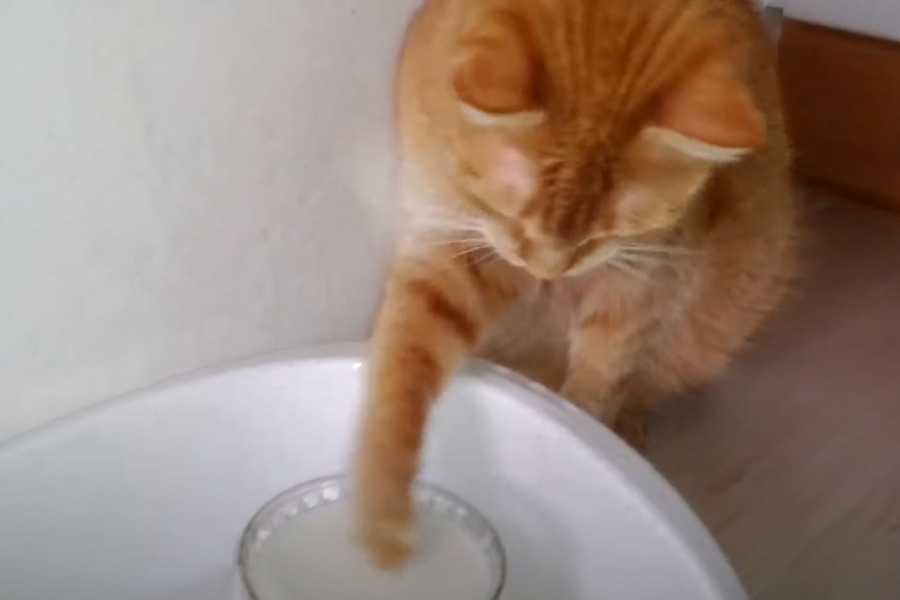
During the lactation period, kittens produce a large amount of an enzyme called lactase, which is responsible for digesting the lactose in milk. As the kittens are weaned and their milk intake reduces, the digestive tract of the kitten begins to produce less lactase.
In some cases, this develops into lactose intolerance. The same process can also happen in humans, which is why such a high percentage of people are lactose intolerant.
However, not all cats are affected so dramatically by the decrease in the production of the lactase enzyme. Some of them have the ability to digest milk even in adulthood. Especially cats that, after weaning, continue to drink cow’s milk tend to continue producing lactase to digest it.
Likewise, cats can digest moderate amounts of dairy products such as cheese and yogurt, which have smaller quantities of lactose.
Is Cow’s Milk Safe for Kittens?
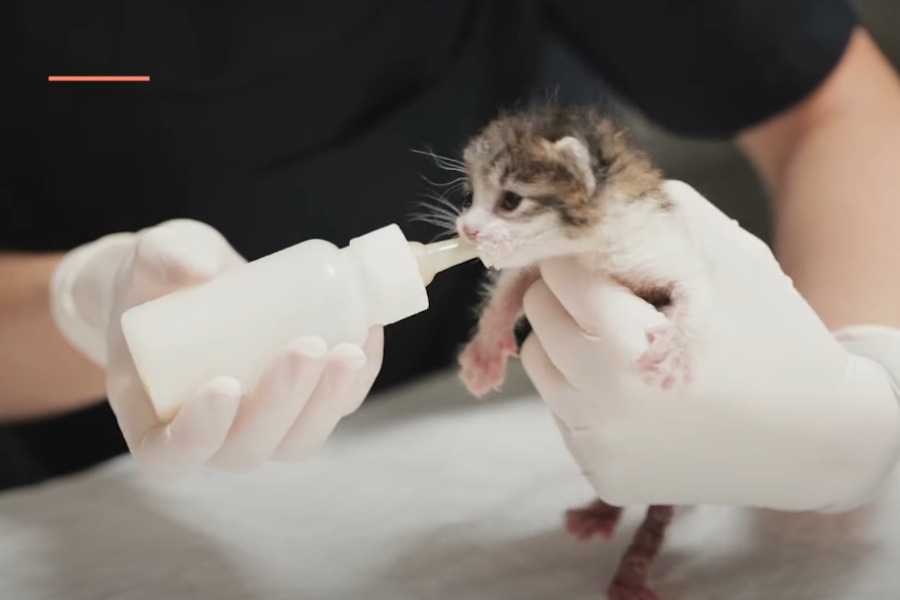
If by kittens you mean newborns, then yes, the ideal food for kittens is breast milk or, in its absence, artificial formula sold in pet stores or at a veterinary center. If you are taking care of an orphaned kitten, you should definitely avoid cow’s milk.
Its composition is different from that of cat’s milk, and the kitten could suffer nutritional deficiencies or gastrointestinal disorders.
Now, if your cat is still a kitten but has already been weaned, you can offer small quantities of milk to see if their body digests it properly. However, milk should never be the sole basis of their diet.
Lactose Intolerance in Cats
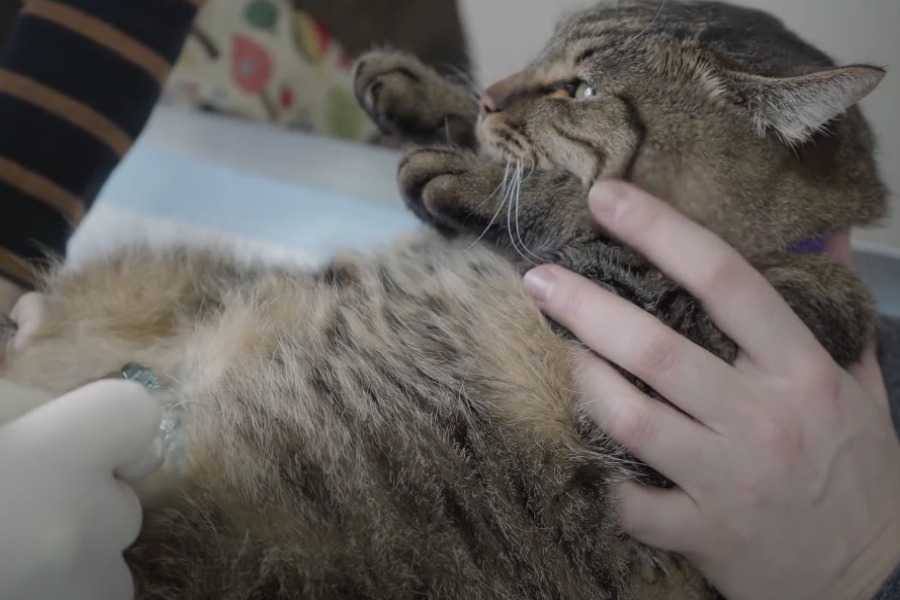
As we have mentioned, most cats tend to progressively reduce lactase production after weaning. This means that due to the enzyme deficiency or the complete disappearance of the enzyme, many cats can develop lactose intolerance.
When the enzyme cannot fulfill its function, lactose passes into the cat’s large intestine without being digested. Here, it is fermented by gut bacteria, causing a range of digestive problems.
Lactose Allergy in Cats
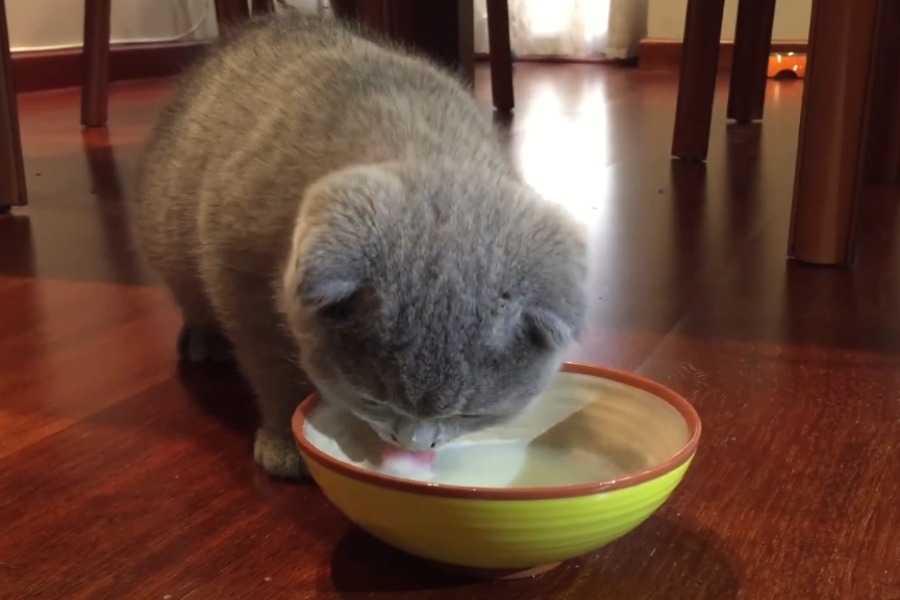
On the other hand, a cat may have a lactose allergy, which is a completely different illness. While intolerance affects the digestive system, an allergy affects the immune system, causing hypersensitivity and a severe allergic reaction.
The allergen here is lactose, and your cat would show certain symptoms. If your cat shows any of these symptoms, take it to the vet immediately.
Alternatives to Cow’s Milk
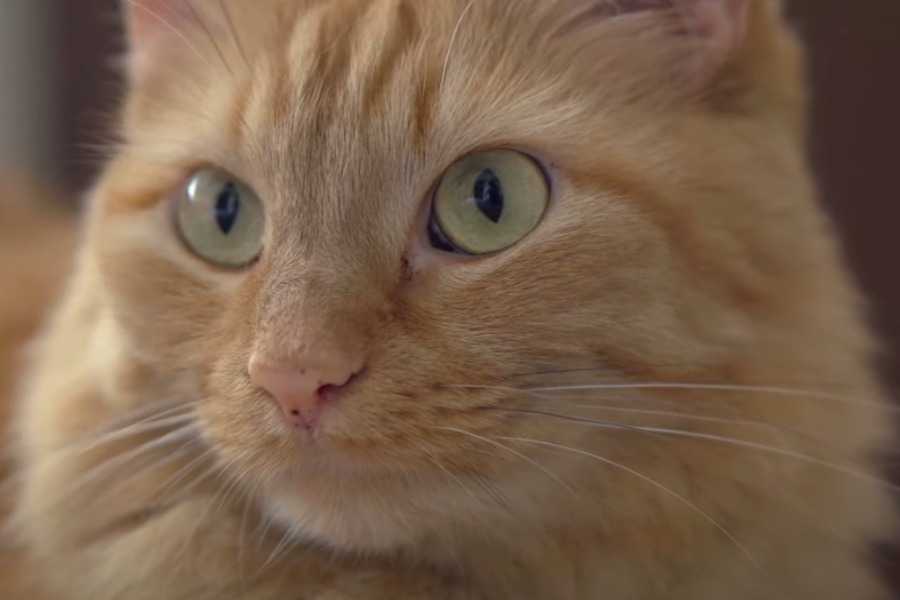
Finally, we want to point out that although not all cats will develop an allergy or intolerance, it is best not to add milk to a cat’s diet. If you still want to feed your cat milk, choose lactose-free milk or plain sugar-free yogurt, which due to fermentation barely contains any lactose.
In fact, yogurt, in particular, is a beneficial food for cats because of its high probiotic content. Another food recommended for the same reason is kefir, which carries an even higher percentage of probiotics and helps regulate the cat’s intestinal flora as well as the digestive system overall.
Of course, we repeat, never give your cat too much of these foods since the nutritional requirements of a cat are primarily based on animal proteins.
The Role of Probiotics in a Cat’s Diet
Probiotics are beneficial bacteria that play a crucial role in maintaining the health of the digestive system.
They help in the digestion of food, absorption of nutrients, and elimination of harmful bacteria. Foods like yogurt and kefir are rich in these beneficial bacteria and can be a good addition to your cat’s diet in moderation.
Consult with Your Vet
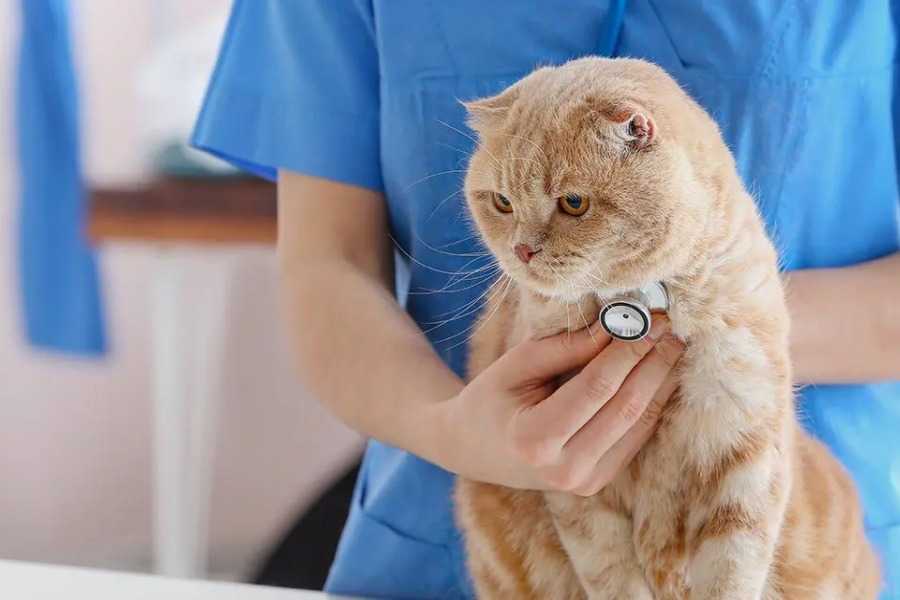
Before introducing any new food into your cat’s diet, it’s always a good idea to consult with your vet. They can provide guidance based on your cat’s age, health status, and nutritional needs.
The Importance of a Balanced Diet for Cats
While it’s important to understand the role of milk and other dairy products in a cat’s diet, it’s equally important to remember that a balanced diet is key to your cat’s overall health.
Cats are obligate carnivores, which means they require a diet high in animal protein. They also need certain vitamins and minerals that they can only get from meat.
Wrapping Up

Now you know why adult cats should not drink milk, the health problems that may occur, and other facts related to a cat’s diet. Remember, your cat’s health should always be your top priority. Always consult with your vet before introducing any new food into your cat’s diet.
At PawsAdviser, we are committed to providing you with the most accurate and up-to-date information to help you make the best decisions for your pets. Stay tuned for more pet care tips and advice!
Tags
Share
Table Of Contents
Related Posts
Quick Links

